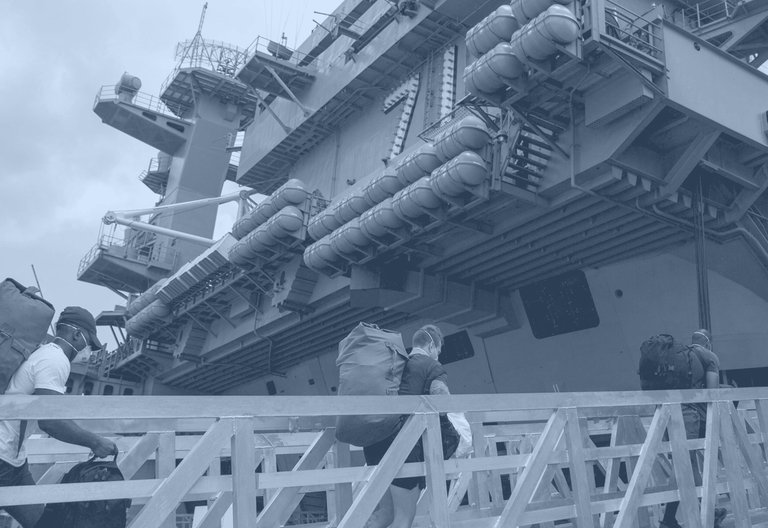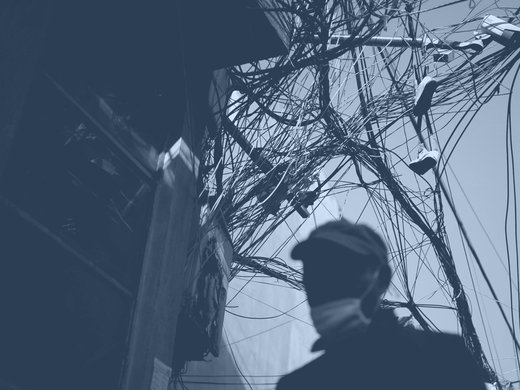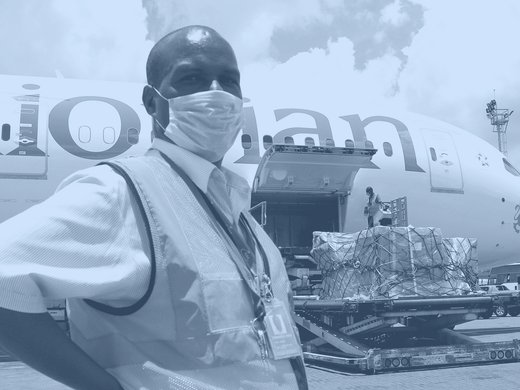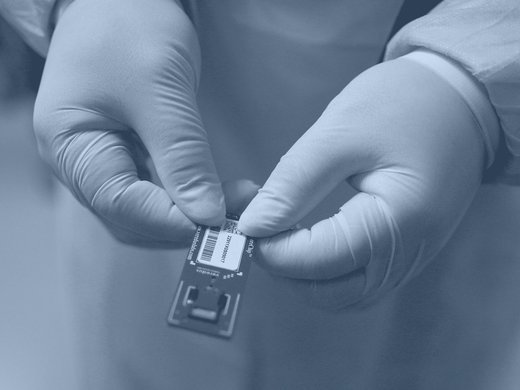he first phase of COVID-19 has fundamentally changed many aspects of the global economy and society. Now, we must examine these changes, and focus on the cooperation needed to strengthen our response to COVID-19 and to future global health threats.
Looking Back: What Will We Have Learned?
One point that will have been made manifestly clear during the COVID-19 crisis (and is already sharply in focus for many, just a few months into the pandemic) is that health is everything. Money, material possessions, career — all are secondary in the context of an existential health threat. The COVID-19 crisis brutally disrupted society’s normal interactions. Yet, it also brought families and communities closer together. It caused us to reflect on what is important in life, and it’s not the rat race of career or the acquisition of material things. Health, truly, is wealth.
We’ll also have seen an acceleration in the transition to the digital world. For better or worse, the COVID-19 crisis ramped up the workforce’s reliance on digital technologies for team contact, meetings and events as many moved to home offices. Video conferencing tools, which before the pandemic’s emergence had been only one of many communications options, became mainstays of daily work for millions around the world. This rapid shift also called into question the traditional work culture of the bricks-and-mortar office. Many workers in the tech sector were already comfortable with working remotely before the crisis; since then, working at home became the new modus operandi for workers in many other sectors. Many people were surprised to learn just how much work could actually get done remotely, with the appropriate internet and digital technologies in place.
Nonetheless, working in isolation has also revealed how important personal social contact is at work. We can digitally communicate and exchange information, but we miss direct human contact, and the human touch of body language and emotional response is lacking. In-person work interaction offers the pleasure of informal contact and exchange, social banter, bonding with co-workers and even office gossip, all of which can be most easily developed through personal contact. We are social by nature, and to be denied that contact feels unnatural and alienating. We are not machines (yet).
We’ve learned, as well, that health security tops all other forms of security. One of the most poignant and symbolic stories during the crisis was the March 2020 outbreak of COVID-19 on board the aircraft carrier USS Theodore Roosevelt. The ship, bristling with the latest weaponry and technologies, was rendered useless for the next two months. The virus, a microscopic force of nature, proved more powerful than the most sophisticated manufactured weaponry. This leads us to the observation that the security of nations can be undermined as much by health threats as by weapons of war. An essential lesson is that protection from pandemics requires us to broaden the definition of security. It also underlines the opportunity cost of expenditures on military equipment. (A single aircraft carrier — expensive matériel — could cost in the neigbourhood of $13 billion, about the cost of 430,000 mechanical ventilators at a mid-range price of $30,000 each, or of vaccinating billions of people at roughly $2 each.) If only a tiny fraction of “sword” expenditures could be turned into money for “ploughshares,” the impact on global health would be enormous. This point was made by the eminent Canadian arms control expert Douglas Roche, who observed in a recent piece for The Hill Times that “there is no ‘usefulness’ in governments spending $1.9-trillion this year on armaments, an all-time high. Diverting just 10 per cent of that amount could provide $190-billion to health and the other infrastructures for human security.”
One of the interesting developments of the crisis is the virus’s varying impacts on different countries, rich and poor, as well as their responses. As of July 2020, the country hardest hit in terms of total number of people infected and dead is the United States, the world’s most powerful country and a centre of global innovation. Many advanced West European countries have also been severely impacted: Italy, Spain, France and the United Kingdom all have had high contagion and mortality rates. China, a recently developing country with a population approximately four times that of the United States, has had a fraction of the total number of victims. The countries of Central Europe, with lower gross national products than the major Western European economies, have been relatively unscathed. Many developing countries, such as South Africa, have done relatively well in containing the spread. The factors behind the different results across global economies vary: population density, timing of social distancing measures, early interventions with vulnerable communities and so forth, but the crisis generated much food for thought on what the the link may be between a country’s overall level of development and an effective public policy response to pandemics.
The crisis has also generated much discussion about the performance of the World Health Organization. Whatever conclusions one can reach, a more important observation should be retained. For many of the poorest developing countries, especially African and small island states, multilateral institutions, including UN agencies, are key to national health care. In some cases, they are the only line of response. Simply put, the national health care systems of the poorest and most underdeveloped countries are fragile or almost non-existent. In many African countries, one can travel hundreds of miles to reach a medical clinic, which, if it does exist, is rudimentary in nature. UN agencies, sometimes the only health care experts available and on the ground, are essential and need to be beefed up. The work of the United Nations and its agencies in the poorest countries is one of the real “value-added” aspects of multilateralism. Their work is particularly vital in the context of pandemics, where trained expertise (unlikely to be present in the poorest countries) is fundamental to an effective response.
Looking Ahead: What We Need to Do
Two years from now, we can anticipate that one of the positive outcomes of the crisis is the recognition that early identification of pandemic threats, and our early response to them, are key to protecting global health for all. Accordingly, international early identification and response mechanisms need to be strengthened. This strengthening will involve more intensive detection and intelligence efforts, as well as earlier application of the barriers to disease spread, including social “lockdowns.”
Another positive outcome of the crisis (one hopes) will be the understanding that we are all in this together. Deadly health incidents thousands of miles away affect our families and neighbourhoods too. Accordingly, investments in health care, sanitation and vaccinations for the poorest in the developing world should not be seen as humanitarian altruism, but as an insurance policy for all.
A few years from now, will we see this much-needed and desired international focus? Time will tell, but the early signs of how the international community is collaborating at all levels is encouraging. An example of this cooperation is the global pledging summit held on June 27. This conference saw the participation of many countries; world experts and the members of the private sector pledged to work toward equitable global access to COVID-19 tools.





